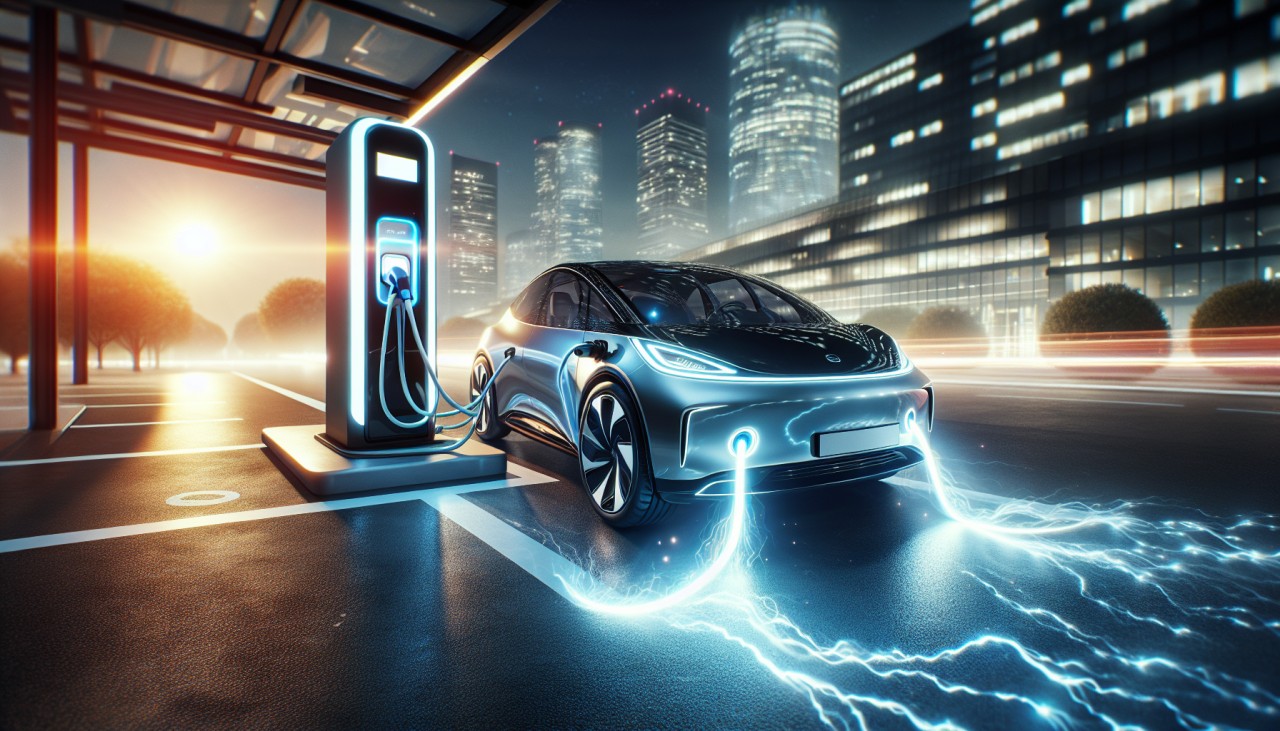Solid-state batteries are emerging as a game-changer in the electric vehicle (EV) industry, offering the promise of higher energy densities and faster charging times compared to traditional lithium-ion batteries. These advancements could significantly extend driving ranges and reduce charging durations, addressing two of the most common concerns among EV users. For instance, Toyota has partnered with Idemitsu Kosan to develop solid-state batteries, aiming for mass production by 2027–2028. This collaboration seeks to enhance the performance and affordability of EVs, making them more accessible to a broader audience. freethink.com
Despite the promising potential, the commercialization of solid-state batteries faces several hurdles. One of the primary challenges is scaling up production to meet the demands of the automotive industry. Companies like Panasonic have expressed skepticism about the near-term viability of solid-state batteries for EVs, suggesting they may remain niche products suited for applications like drones and power tools. Additionally, safety concerns, such as the risk of dendrite formation leading to short circuits, need to be addressed to ensure the reliability of these batteries in real-world conditions. ft.com
Key Takeaways
- Solid-state batteries offer higher energy densities and faster charging times.
- Toyota and Idemitsu Kosan aim for mass production by 2027–2028.
- Challenges include scaling up production and ensuring safety.
- Panasonic views solid-state batteries as niche products for now.
- Addressing dendrite formation is crucial for battery reliability.
